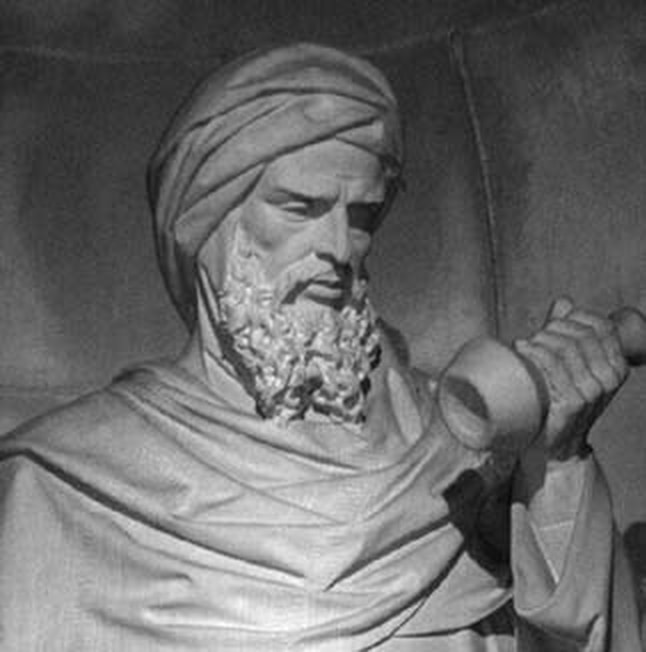|
Why Iran does not ratify CEDAW? The Convention of the Elimination of All Forms of Discrimination Against Women (CEDAW) was formally adopted on 18 December 1979 by the United Nation General Assembly. CEDAW requires compliance by governments to ensure equality between men and women and eliminate discrimination against women. Countries that have ratified CEDAW are legally bound to put its provisions into practice. They are also committed to submit reports regularly on measures they have taken to comply. More than 90% of the countries are a party to this convention from which 51 countries are from the Islamic world including Tunisia and Morocco. Yet, there are a few countries, Iran among them, that have not ratified the convention. Iran’s reasons include the government’s belief that the human rights doctrine is not universal but derived from European Enlightenment philosophy and so does not apply to an Islamic society. There are huge contrasts between CEDAW and Iran’s current Constitutional Law which is highly discriminatory toward women. Iranian officials did discuss twice to ratify CEDAW. Once in 1995-1997 during the presidency of Rafsanjani who believed that the economic and social construction of the country took priority over women’s rights and so the ratification never gained momentum. CEDAW also re-emerged between 1999-2003 during the presidency of Khatami. However, the Guardian Council, which is charged with approving legislation rejected the bill. This is not a government that supports equality between women and men. This view has resulted in extreme discriminatory practices affecting Iranian women. Women continue to be treated as second class citizens. For example, a woman’s testimony is worth half of a man’s in court. Women must wear compulsory hijab, and within the family, husbands can legally control whether their wives can have jobs or obtain a passport. This of course has to do with the extreme interpretation of Islamic scripture by the government, and the fact that women’s rights in Iran are in conflict with the interests of a predominately male leadership in a patriarchal society. ---------------------------------------------- Sources:
To understand how science was sidelined in Iran, and indeed all Near East, one must learn about the great Muslim philosopher, Averroes (1126-1198), and his rebuttal against the Iranian theologian, Ghazali (1058-1111). Until the 19th century, there was no distinction between scientists and philosophers and many of the great philosopher-scientists in the West were also theologians while in Iran they were often mystics. The creation of science began with the split between Platonism and Aristotelianism. Plato is often called the Father of Philosophers and Aristotle the initiator of the scientific method. Averroes (Ibn Rushd) was a Muslim Andalusian philosopher-scientist who became famous for his commentaries on Aristotle. He was ultimately responsible for re-awakening Europe to ancient Greek philosophers, an area abandoned during the European dark ages. But while in the West philosophy was slowly embraced, in the Muslim world it was sidelined. In the 13th century, the domination of Near East by Seljuqs led to the eclipse of philosophy as the Seljuq leaders preferred the teaching of the Quran to schools of philosophy. The most important attack against philosophers came from the Iranian Sufi theologian, Ghazali. In his book, “Incoherence of the Philosophers” Ghazali diminished views of scientists such as Avicenna, accusing them of deviating from Islam. His book became immensely popular, setting the stage for anti-scientific thought in the Muslim world. It was during this bleak ear of decline, that Averroes emerged as one of the last influential Spanish-Muslim philosophers. In his book “Incoherence of Incoherence,” he challenged the anti-philosophical sentiments sparked by Ghazali—a critique that ignited a similar re-examination within the Christian tradition, influencing scholars who would later be identified as “Averroists.” But Averroes was not able to change the course of history. Eventually, he was publicly insulted, cursed and accused of heresy by King Mansur’s (1184-1199) court and the King ordered him to be exiled and to burn all philosophical books except those dealing with medicine, mathematics and astronomy—these books he said were important because they help people know the time and direction of Mecca. Islamic philosophy came to a sudden halt in the West, but philosophical thought did not completely disappear from Iran. It took refuge in philosophical Sufism and philosophical theology instead, but the rational thought process that would one day lead Europe to the scientific progress we see today was immensely diminished. ---------------------------------------------
Sources:
|
Details
AuthorSaghi (Sasha) Archives
May 2019
Categories |


 RSS Feed
RSS Feed